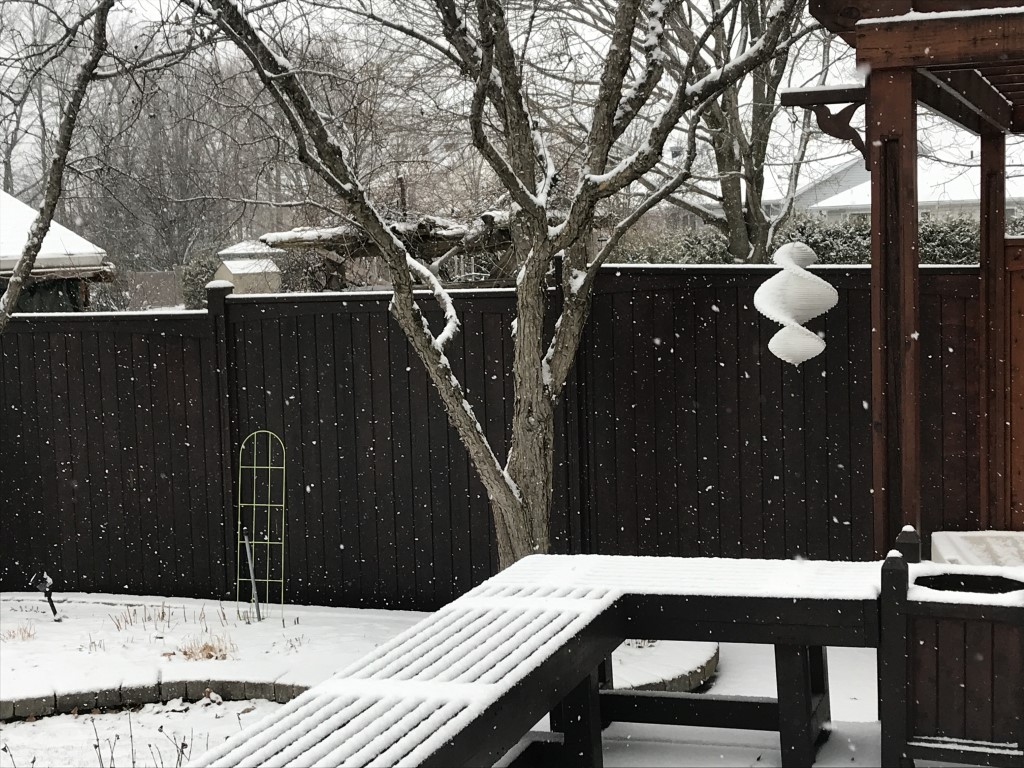- EVOLUTION OF A POEM
- THE CREATIVE PROCESS UNMASKED
- GOOD AND GREAT ARTISTS
- THE CREATIVE PROCESS UNMASKED: Part 4, Rest Time
- THE CREATIVE PROCESS, PART 5: How Confinement Can Expand Creative Expression
- CREATIVE SPARKS
- PERSPECTIVE
- WHEN “I” DOESN’T MEAN “ME”: Lesson #1 From My Latest Poem
- ART FROM REAL LIFE
- ARTIST AS WITNESS
- NOW THAT’S A POEM: Where Inspiration Comes From
Hello there! I hope 2021 has been good to you so far. It’s winter time in my part of the world. To respect that, I am allowing myself a season of rest. That doesn’t mean doing nothing! But it does acknowledge the natural rhythm of the seasons. Winter is a time when energy levels are naturally a little lower, and hibernation is the theme. The winter season also reminds me of the value of rest time in the creative process.

Issues With the Freshly Written
You may remember that last year I wrote several pandemic poems. (Maybe one or more of them struck a chord with you. Maybe they help you express what you might be feeling during the isolation. I hope so.) I had the opportunity to look again at these poems in November, when The Ontario Poetry Society held a Pandemic Poetry Contest. Well, I learned anew the importance of letting something newly-created rest for awhile before proceeding.
One poem in particular stood out. I had struggled with the ending of “Reframing the View” when I first wrote it. I wanted to lead the reader to a conclusion, but not dictate that conclusion, allowing each person to look at the accompanying photo and decide for themselves what they saw. This is always a challenge for a writer. You want to respect the reader’s intelligence by not spelling everything out and giving her a figurative hit-over-the-head. Yet readers do appreciate being led towards the writer’s intent and/or what they might conclude.
My writers’ group members (the insightful Lynn and Jen) told me the poem did not lead the reader quite far enough. Neither of them were entirely sure what they “got” from looking at the photo after reading the poem. When I looked again at the poem with several months’ distance to sharpen my view, I saw they were absolutely right as usual! And more to the point, I knew what I needed to write in order to fix the problem, which I couldn’t see when the poem was freshly written.
Why Artists “Let it Rest”
This is something that seasoned writers know well: to put something aside for a period of time, especially if it’s not working. That rest period will sharpen the general sense of unease and expose the specific flaws. More importantly, that time away will often result in the writer realizing what it will take to create a much finer piece… and by that I mean one that readers can respond to more strongly. And that connection is what every artist is striving for.
“Reframing the View” now leads the reader more directly. It also has a more structured “poetic turn” at the end. This is a technical term that poet Kim Addonicio describes as: “picks the reader up in one place and drops them off somewhere else.”
I’d love to hear what you think. Do you have a preference for one version over the other? Do you like poetic turns as much as I do? Were you surprised to learn about the value of rest time in the creative process?
By the way, “Reframing the View” (the words without the photo) was awarded an Honourable Mention in the Pandemic Poetry Contest and will be published in an upcoming anthology. Further encouragement for me to remember the importance of rest!
May this season’s slower pace help refresh you.
Lee Ann
Love the new version! It makes me feel hopeful and uplifted. A lovely work – and congratulations on the honourable mention!
Thank you, Lynn!
Yes to rest! As long as we are not looking for the advantage of being in rest then it’s not true rest, but conditional rest. Or thinking rest will make ” ME” more creative, then we are caught in the trap of thinking rest is at cause with our creativity. Creativity is not something that happens to us but is what we are even at rest.
Yes to rest that fuels our creativity! I hope you are finding some of that for yourself, Michele.
I liked the first version. It left me thinking how things look dreary and depressing but it was up to me to find the light.
Ah… yes, you GOT IT, Teresa! 🙂 Thanks for the feedback, it’s always great to hear from you!